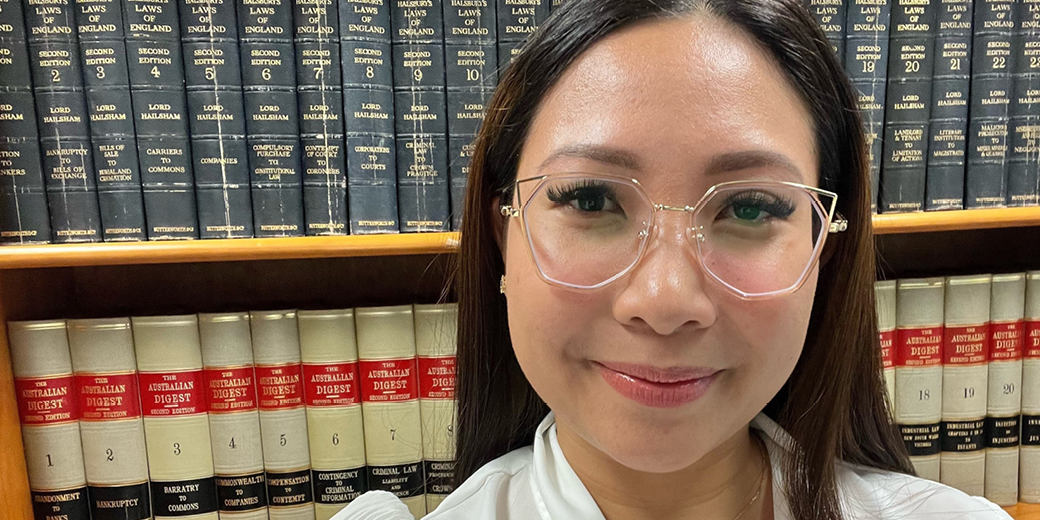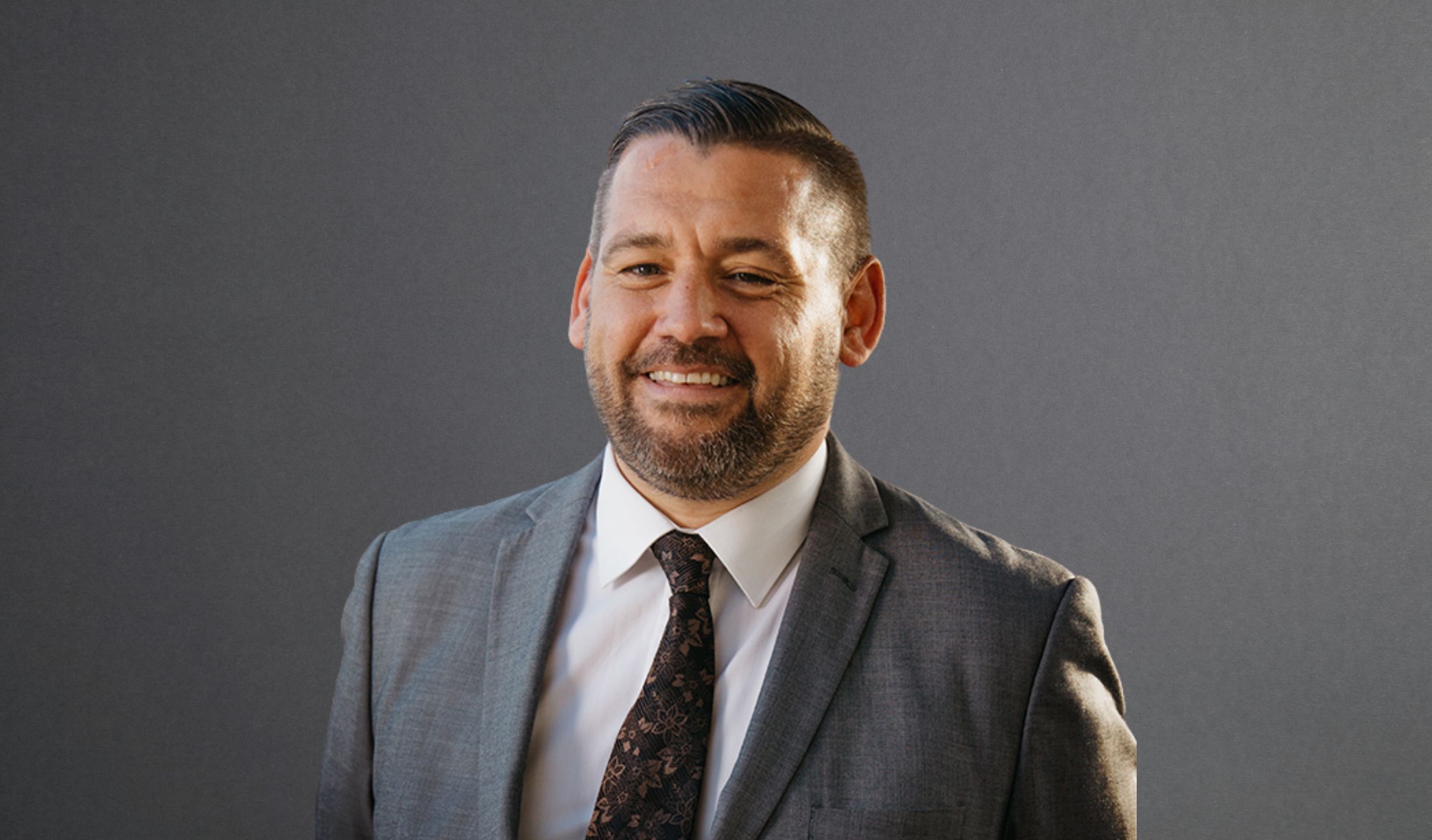Gordon Tian is no stranger to the grind. As a qualified barrister, solicitor, and chartered accountant, he built an accountancy practice while working in corporate roles at KPMG and Ernst & Young. What he found was that most of their clients, boutique law firms, faced the same underlying business issues – no time to think about how to run a business because they’re too busy practising law, which is, after all, what their clients pay them for.
He now works closely with lawyers to develop a systematic approach, transforming overwhelmed sole practitioners and boutique firms into sustainable, profitable enterprises that can thrive without constant owner involvement. His insights reveal why the traditional model of legal practice is failing many lawyers, and more importantly, how to fix it.
The similarities between accounting and law practices: strategic lessons learnt
How do you go from working a day job in the Big 4 to business coaching law firms? You work hard, cleverly, and generously, and in the process learn that the challenges your clients face, boutique law firm owners, are the same as the ones you overcame.
“I met my business partner in our late 20s, and we started an accountancy practice literally from scratch — zero contacts, zero systems, and zero clients,” Gordon says. “I used to finish up my day job in a big corporate at 5.30pm, have a kebab, and drive over to his office. We’d both work until midnight. I did that for about two years, all while not getting paid a cent.”
“We doubled our fee base every year for the first few years. So, fast-forward more than a decade, and we now have a successful, profitable business that can run without our constant involvement.”
Their earliest accounting clients were boutique law firms. This led to a striking realisation.
“We realised that all the business issues we had faced and overcome were almost the same as the ones faced by our law firms’ clients,” Gordon says. “The business model for accountancy and law firms is largely the same, so the business issues are very similar too.”
“Given my legal background, it felt like a natural evolution for me to focus on coaching owners of boutique law firms. Informed by my practice of law and accounting, I focus on helping boutique law firms to better business owners, as opposed to just being better at the practice of law.”
Why being a brilliant lawyer doesn’t guarantee profit
Law school and the Priestley 11 focus on sharpening your legal skills. However, learning business skills is far more ad hoc, and for many, it’s not a focus at all. This leads to an oversight that’s both surprisingly obvious and surprisingly common.
“The number one mistake I see legal professionals make is this – thinking your legal service business is the same as the practice of law,” Gordon says. “The practice of law generates the product that you sell. Your law firm is the business that sells that product.”
In other words, providing legal advice is just one part. Running a firm means determining and executing on strategy, assessing and taking risks, building systems, and managing people. What this ultimately means is that if you want to have a successful business, you need to grow to become the business owner who is capable of creating a successful business.
“That, in a nutshell, is what I help boutique firm owners to achieve,” Gordon says. “It’s a bit like Formula One. A brilliant driver doesn’t just “happen” to win, they’ve trained for it. They’ve built the physical, mental, and technical skills to handle a high-performance machine at speed.”
“Your law firm is the same. You can’t just jump in and expect to win because you’re a good lawyer. You need to develop the capabilities to lead, scale, and drive the business forward. That’s where I come in.”
How coaching helped a sole practitioner escape 60+ hour work weeks
Gordon worked closely with a sole practitioner, a litigator, to transform his approach to work.
“My client was doing high multiple six figures in fees, but was completely maxed out. No staff. No time. He was working 60+ hour weeks, at court, always behind, and starting to question if it was worth it.” A familiar story for many sole practitioner lawyers…
“We began by shifting our client’s mindset. He needed to believe a better version of the firm was possible. Together, we mapped out what that future could look like: more support, better systems, and to free up mental bandwidth for him to actually think,” Gordon explains.
The process started with a simple ask: free one hour a day to start working on the business, not just doing the work.
“We did this by hiring a PA and building simple SOPs (‘Standard Operating Procedures’) for administrative work and matter onboarding,” Gordon says.
“Next came a structured plan to bring on a 3–5 PQE solicitor to handle lower-risk files. We helped him develop training systems, precedents, and delivery workflows to support them.”
“Improvements happened over time, and there were bumps along the way, but our client stuck with it,” Gordon says. “We then coached him through all the small tactical issues that came along the way. Now he’s got space, revenue and profit are both up significantly, and the stress that used to hang over him every day has been lifted. He now really enjoys not just the legal work, but also growing a profitable business.”
Redefining business development for the legal profession
For many lawyers, business development feels uncomfortably close to pushy sales tactics, a perception that often undermines their natural strengths and authentic professional relationships. However, Gordon reframes business development, proposing that it works best if it focuses on genuine problem-solving and relationship building.
"Business development is the process of matching a solution that your firm has to a problem that a potential client has. What we all want is a win-win situation for you and the client. So, it's not about hard nosing or manipulating people to buy services that they don't need," Gordon explains.
Gordon outlines a three-part framework for successful business development (BD) in legal services, each building on authentic professional relationships rather than traditional sales pressure.
According to Gordon there are three parts to be successful at BD when it comes to legal services:
- Building trust. Clients need to feel confident that you're competent, reliable, and have their best interests at heart.
- Show relevance. You have to connect your expertise to the client's specific problems or goals that matter to them.
- Stay present. This can be challenging for lawyers.
The challenge of maintaining presence, Gordon notes, stems from the nature of legal work itself.
"Legal needs don't always arise immediately; they build up over time. If you're out of sight, you're out of mind when that moment comes. Being present doesn't mean being pushy, it means staying on their radar through light touch check-ins, sharing useful content, or simply showing up where your clients are. Knowing how to use social media effectively is key here."
This systematic approach focuses on capability building rather than quick wins.
"We help lawyers to become the type of person that can excel at all three, so they build and grow their fee base over time. Marketing and sales campaigns can help to accelerate revenue growth, but the fundamentals need to be in place first."
Tapping into dual professional expertise
By combining deep legal understanding with commercial acumen — boutique firm owners can address the fundamental and unique challenges they face in running a legal business.
"It is important to approach what law firm owners do, both from a practice and business perspective, in a way that relates to a law firm owner's specific challenges.” Gordon says. “And in this process acknowledge you cannot be all things to all people.”
“It's incredibly difficult to be the Partner that provides advice to clients and the Firm Owner that needs to be the 'business person'. Each role pulls you in different directions and requires distinct mental gears.”
The differences in the nature of professional expertise and training leads to a divide between legal and financial thinking. To run a firm efficiently the aim is to bridge this gap.
"It's having that deep understanding of both these roles that allows for a holistic and informed approach for clients. A gross generalisation is that nothing makes a lawyer's eyes glaze over more than a page full of numbers. For an accountant, the same is true for writing and speaking. It is about finding help to bridge these gaps, it is okay not admit where your strengths lie and were you may need support.”
"So, at a deeper level, it is about helping clients to think from all three lenses of commercial, financial, and service delivery for a legal services business. And that's how I help my clients to win."




















































